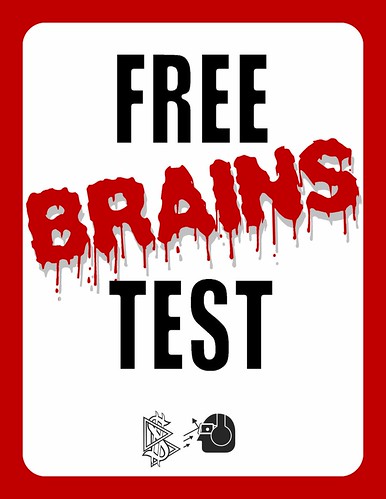
I took the PHR exam this past January. It was a tough experience, but I also enjoyed knowing that it would solidify my grasp of the basic theoretic principles of HR. I didn’t yet have the requisite two years of exempt level HR experience necessary to take the exam, but I was able to take it under the “Recent Graduate” exemption that HRCI provides. From HRCI:
Students and recent graduates enrolled in a bachelor\’s or graduate degree program may take the PHR and GPHR exams at an initial registration rate of US$120. Passing students and recent graduates must pay the balance of the exam fee once they have graduated and documented two years of exempt-level (professional) HR work experience. They have five years from the date of passing the exam to obtain the two years of exempt-level (professional) HR work experience.
Student/recent graduate candidates are not eligible to take the SPHR certification exam. Student/recent graduate candidates must take the exam no earlier than 12 months before their graduation date and no later than 12 months after graduation from a bachelor\’s or graduate degree program.
Recently, I learned that HRCI is going to be dropping the Recent Graduate exemption. In fact, the certification requirements are changing in multiple ways by 2011. I still haven’t made up my mind yet about how I feel on the changes, but here is what HRCI says:
|
PHR Eligibility |
SPHR Eligibility |
GPHR Eligibility |
| • 1 year of demonstrated exempt-level HR experience with a Master\’s degree or higher • 2 years of demonstrated exempt-level HR experience with a Bachelor\’s degree • 4 years of demonstrated exempt-level HR experience with less than a Bachelor\’s degree |
• 4 years of demonstrated exempt-level HR experience with a Master\’s degree or higher • 5 years of demonstrated exempt-level HR experience with a Bachelor\’s degree • 7 years of demonstrated exempt-level HR experience with less than a Bachelor\’s degree |
• 2 years of demonstrated global exempt-level HR experience with a Master\’s degree or higher • 3 years of demonstrated exempt-level HR experience (with 2 of the 3 being global HR experience) with a Bachelor\’s degree • 4 years of demonstrated exempt-level HR experience (with 2 of the 4 being global HR experience) with less than a Bachelor\’s degree |
Pros
There are several reasons for these changes. The biggest one that I can think of is that they want the exams to be more meaningful. If some “upstart” :-) can take the exam after college and pass without any exempt level HR experience, then that doesn’t necessarily mean that they’re as qualified as someone who has years of HR experience before deciding to take the exam. And if I was one of those experienced pros who decided to get certified, it would probably bother me to know that there’s someone in the next booth with none of my experience taking the same certification exam.
Cons
On the flip side, what about that student/recent grad? If they pay the fee, put in the hours of study time, and complete the exam, then why can’t they be rewarded for those efforts? If they choose (as I did) to try to put themselves into a better position in a promotion or hiring situation, why should they be kept from that opportunity?
I’d love to hear your thoughts on the pros and cons of the decision to change the requirements.
Anyway, if you happen to be one of those people with less than two years of experience, then you should seriously consider taking the PHR exam while you still have the opportunity. In fact, if you are in that group and you’d like to shoot me an email, I’ll give you a discount on the Rock the PHR guide to help you get started.
Leave a Reply
You must be logged in to post a comment.